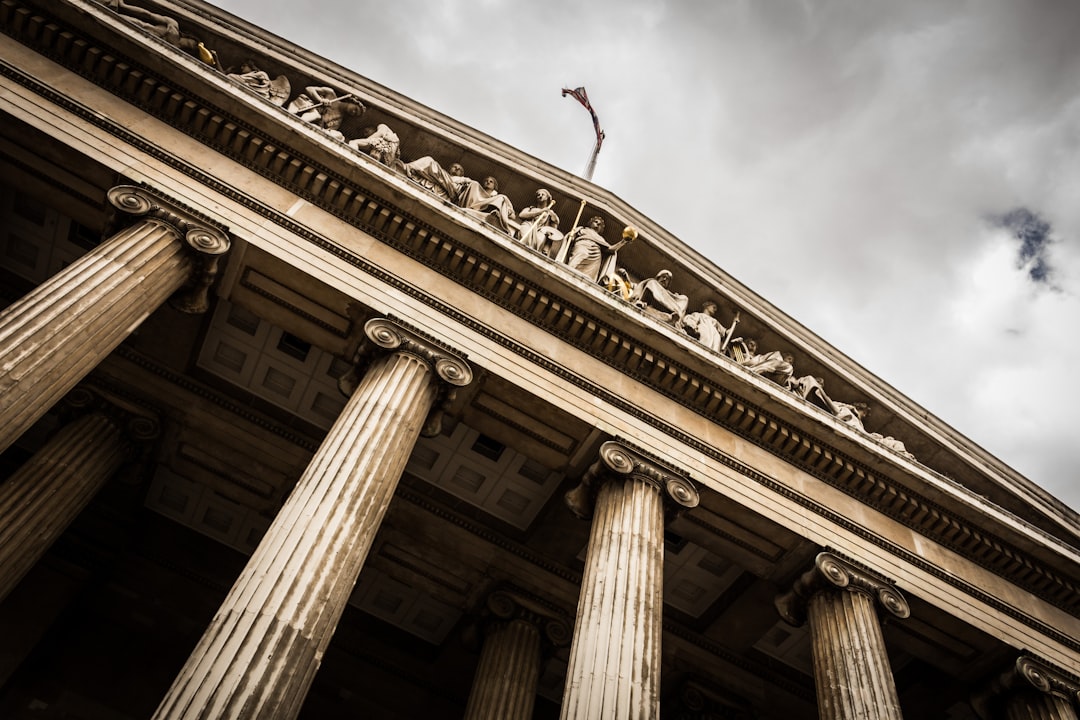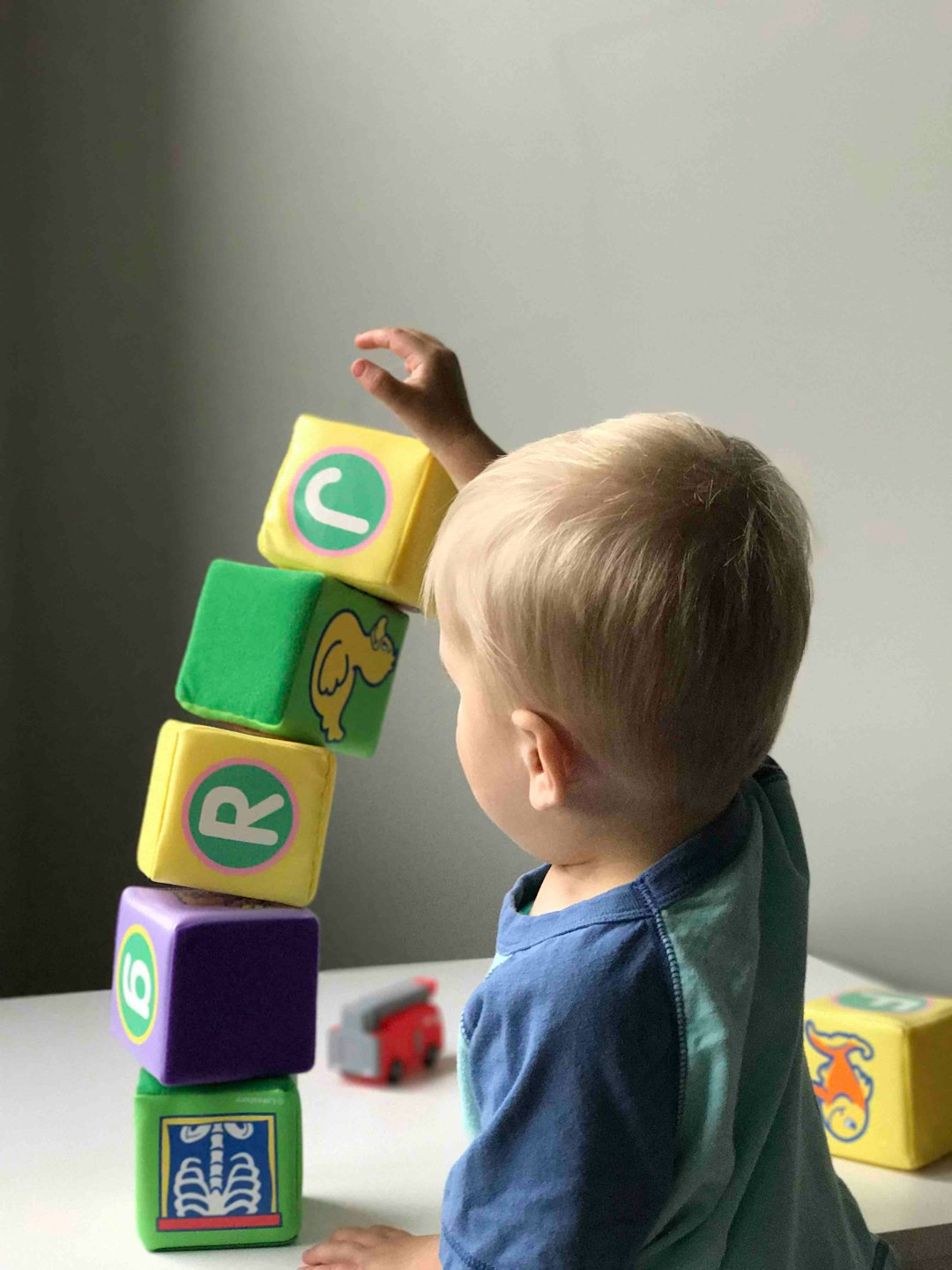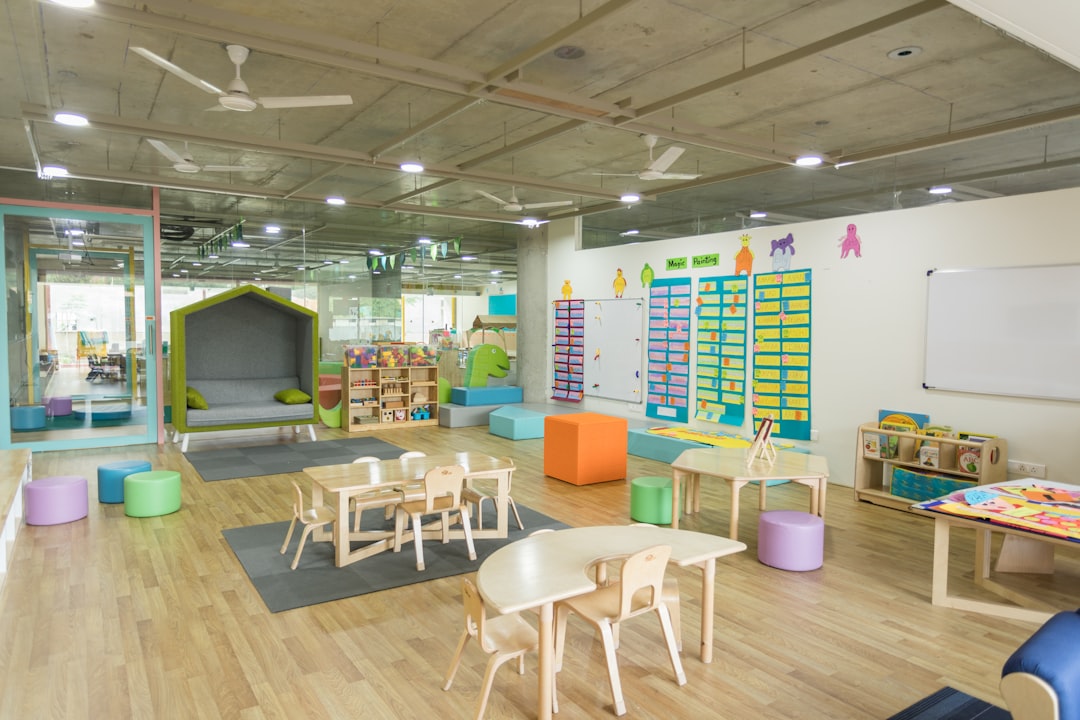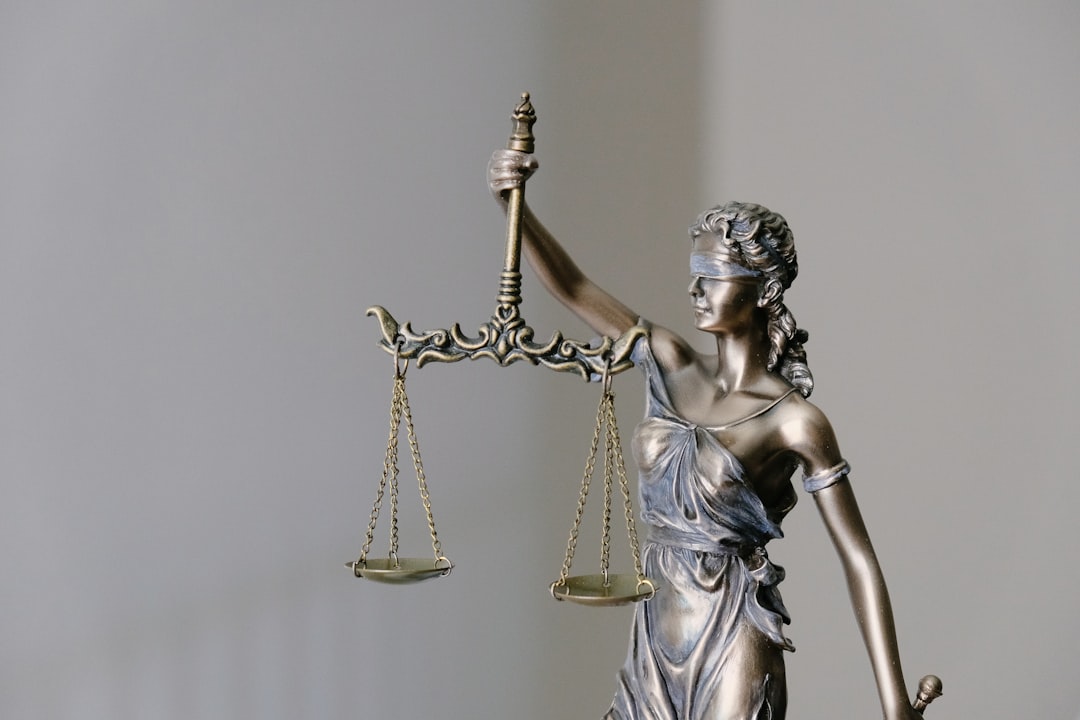In New York, parents must understand and advocate for strict childcare safety protocols, including staff ratios, background checks, and emergency preparedness. Recognizing red flags like physical injuries or behavioral changes is crucial. The state's robust legal framework protects children, with regulations covering operations and staff-to-child ratios. Parents should communicate strategically with caregivers, document interactions, and consult a daycare abuse lawyer in New York, NY for guidance and justice if abuse or neglect is suspected. Starting with knowledge of state regulations and asking detailed questions at facilities, along with peer consultations, ensures their child's well-being.
In New York, ensuring your child’s safety at daycares is paramount. This comprehensive guide equips parents with the knowledge and tools to navigate daycare safety protocols, recognize potential red flags of abuse, and understand their legal rights. From understanding state-mandated guidelines to implementing effective communication strategies, we delve into actionable steps to protect your child. If you suspect daycare abuse, connect with a dedicated daycare abuse lawyer in NY for guidance and justice.
Understanding Daycare Safety Protocols in New York

In New York, understanding and demanding robust safety protocols at daycares is paramount for parents concerned about their child’s well-being. The state has established stringent regulations to ensure daycare centers maintain a secure environment for children under their care. These protocols cover various aspects, including staff-to-child ratios, background checks for employees, proper handling of medications, and emergency response procedures. Parents should familiarize themselves with these standards and actively inquire about their implementation at the daycare facilities they consider.
Knowing the legal protections and rights available to them can empower parents to take proactive measures. In cases where there are concerns or suspected instances of daycare abuse or negligence, consulting a daycare abuse Lawyer in New York is advisable. These legal professionals can guide parents through the process of ensuring justice for their child and holding accountable any parties responsible for safety breaches within daycares across NY.
Recognizing Red Flags: Potential Signs of Abuse

Recognizing potential signs of daycare abuse is a crucial step for parents to ensure their child’s safety. While daycares strive to provide a nurturing environment, certain red flags may indicate a more sinister situation. These can include physical injuries that seem unexplained, such as bruises, cuts, or burns, and changes in behavior like sudden aggression or withdrawal from activities. Additionally, any instances of neglect, such as unclean or inadequate facilities, inconsistent care, or failure to meet basic needs, should raise concern.
Parents should also pay attention to the interactions between staff members and children. Unusual behaviors, like excessive use of punishment or isolation, or conversations that suggest a lack of respect for children’s privacy, might point to problematic situations. If caregivers seem defensive when asked about routines or their conduct, it could be a sign of guilt. Engaging a daycare abuse lawyer in New York can provide guidance and support if any of these potential indicators become more apparent.
The Legal Framework: Protecting Children's Rights

In New York, the safety and well-being of children in daycares are protected by a robust legal framework designed to safeguard their rights. The state has stringent regulations regarding daycare operations, including licensing requirements, staff-to-child ratios, and specific protocols for handling emergencies and medical situations. These laws are in place to ensure that all licensed daycares maintain a safe and nurturing environment for the children in their care.
Parents have a crucial role in this system by being vigilant and proactive about their child’s safety. If they suspect any form of daycare abuse or neglect, it is imperative that they reach out to a qualified daycare abuse lawyer in NY. Legal professionals specializing in this area can guide parents through the complex legal process, helping them ensure that justice is served and their child’s rights are protected.
Effective Communication Strategies for Parents

In the effort to ensure their child’s safety, parents must adopt effective communication strategies when expressing concerns about potential daycare abuse in New York. Firstly, open and regular dialogue with caregivers is paramount. Parents should schedule routine meetings or calls to discuss their child’s daily activities, behaviors, and any notable incidents. This direct interaction allows for a better understanding of the childcare environment and enables swift identification of concerning patterns.
Additionally, documenting every interaction can serve as a powerful tool. Keeping detailed records of conversations, observations, and any reported incidents helps in tracking changes over time and provides solid evidence if legal action becomes necessary. Engaging a daycare abuse lawyer in New York can offer guidance on navigating these records and advocating for justice should the need arise, ensuring that parents’ voices are heard and their children’s safety is prioritized.
Taking Action: Steps to Ensure Your Child's Safety

Parents concerned about their child’s safety at daycares in New York should take proactive steps to ensure protection. The first course of action is to familiarize themselves with the state’s regulations and licensing standards for daycares, which can provide insights into the facility’s overall safety measures. Parents can request detailed information from the daycare regarding their policies, staff-to-child ratios, security protocols, and emergency procedures.
Engaging with other parents in the community and sharing experiences can also offer valuable insights. If concerns persist, consulting a qualified daycare abuse lawyer in New York is advisable. Legal professionals specializing in this area can guide parents on their rights, help them navigate any regulatory issues, and take appropriate action to protect their child’s well-being if necessary.





